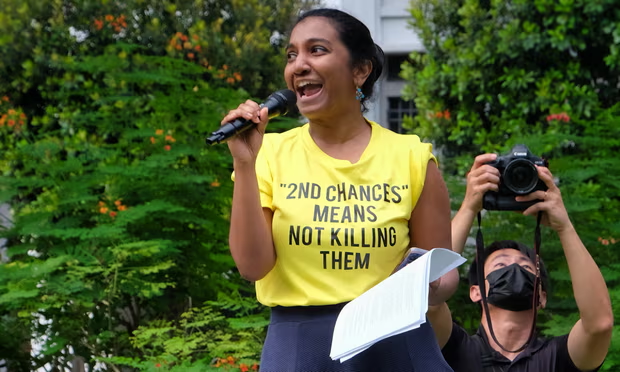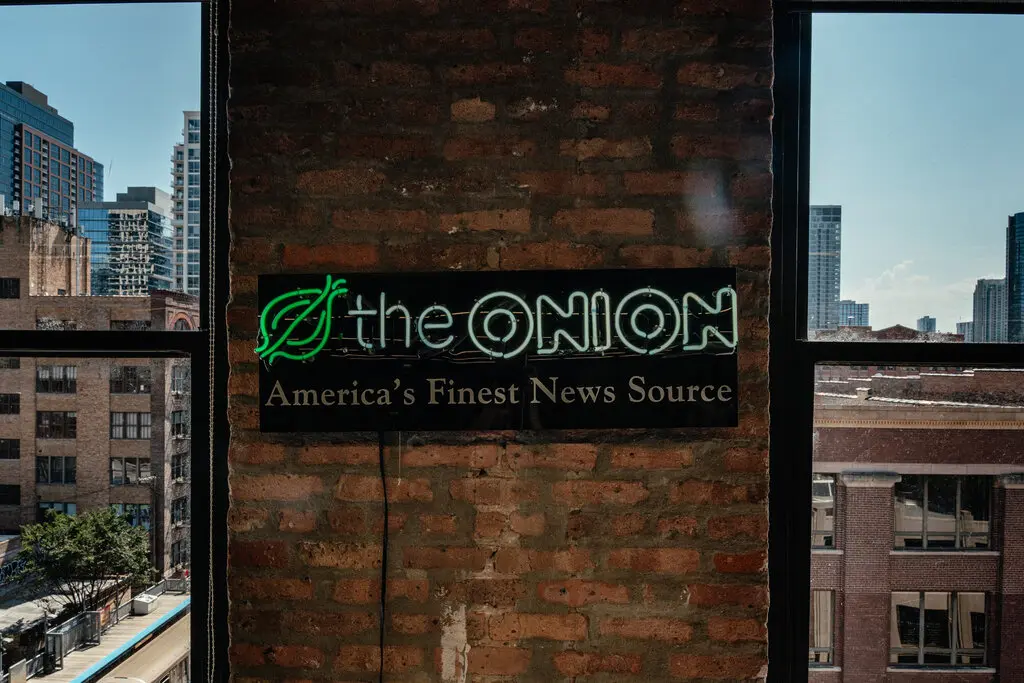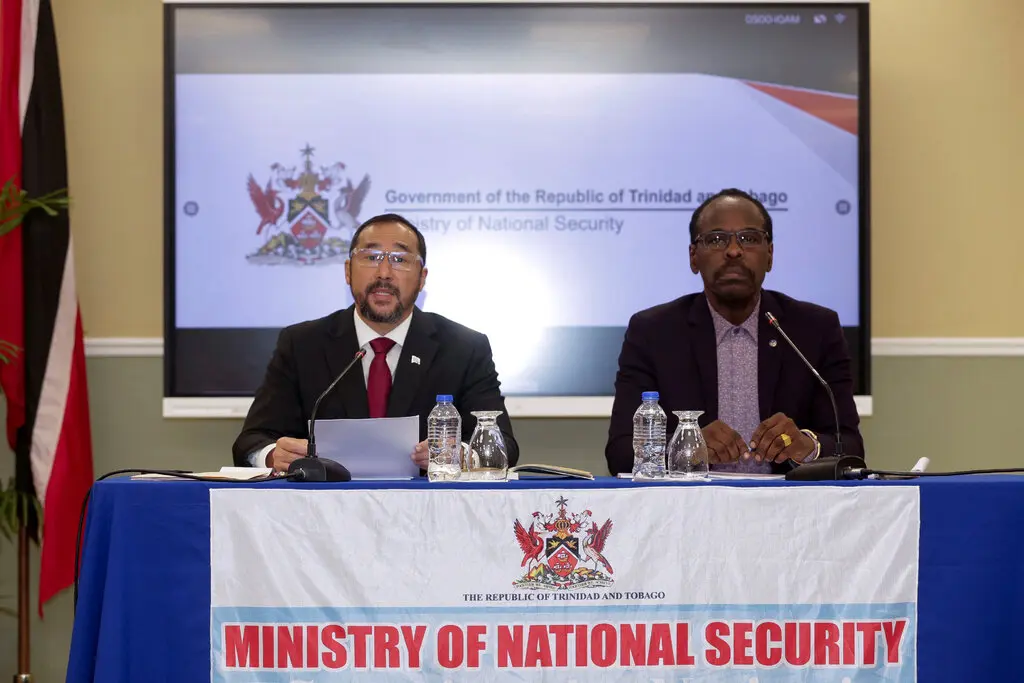Singapore Activist Kokila Annamalai Faces Investigation Over Online Post Under POFMA

Singaporean activist Kokila Annamalai is under investigation by authorities after being accused of spreading falsehoods online, in a case highlighting the government’s increasingly strict enforcement of its online speech laws. Annamalai, a vocal advocate for civil rights and free speech, is the latest individual to be targeted under Singapore’s Protection from Online Falsehoods and Manipulation Act (POFMA), a controversial law designed to combat misinformation but often criticized for stifling dissent.
The investigation stems from a social media post made by Annamalai in which she criticized government policies. The post was flagged by Singapore’s government as being misleading, prompting the authorities to issue a POFMA order demanding that Annamalai correct or remove the content. This is not the first time that the activist has found herself at odds with the authorities for speaking out on political issues.
The post in question, published on X (formerly Twitter), allegedly contained statements that the government claims misrepresented certain facts regarding recent legislative changes. While the specifics of the allegations have not been fully disclosed, Annamalai’s post focused on government restrictions related to freedom of speech and recent developments surrounding the Online Falsehoods Act.
POFMA and Its Criticism
Under POFMA, the Singaporean government has the power to issue orders to individuals or media outlets deemed to have spread false information. If a post or article is found to be inaccurate or misleading, the government can demand that it be corrected, removed, or labeled with a warning. Failure to comply with a POFMA order can result in heavy penalties, including fines and imprisonment.
Critics, however, argue that POFMA has been used to suppress free speech and stifle political opposition. The law has faced widespread criticism from human rights organizations and activists, who claim it is often wielded to silence those who challenge government narratives or policies. Annamalai’s case adds to this growing body of concerns, with many seeing it as a test of how far the government is willing to go to curtail online speech.
Annamalai has long been an outspoken advocate for civil liberties in Singapore. She has been critical of what she views as government overreach in limiting freedoms of expression, especially in the digital sphere. She has also highlighted the lack of political pluralism in the country, calling for greater space for dissenting voices.
Reactions from Supporters and Human Rights Groups
The investigation into Annamalai’s post has drawn sharp reactions from both local and international observers. Supporters of Annamalai have rallied behind her, decrying what they see as an attempt to silence legitimate political critique. Human rights groups, such as Amnesty International, have also expressed concern over the growing trend of using legal mechanisms to restrict freedom of speech in Singapore.
Amnesty International’s regional office released a statement condemning the POFMA order against Annamalai, calling it a violation of her right to free expression. The organization argued that the law is used as a tool of political control rather than a legitimate means to protect the public from harmful misinformation.
Singapore’s ruling People’s Action Party (PAP), however, maintains that POFMA is a necessary safeguard to prevent the spread of false information, particularly when it comes to issues that can harm public order or national security. The government insists that the law is applied fairly and transparently, with checks and balances in place.
Annamalai’s Defense
In response to the investigation, Annamalai has denied any intent to mislead the public and has called the POFMA order an infringement on her right to speak freely. She has stated that her post was aimed at raising awareness about critical issues in Singapore, particularly around the balance between free speech and government regulation.
As the investigation continues, Annamalai faces the prospect of hefty fines or potential legal action, depending on the outcome. The case is likely to fuel further debate about the balance between freedom of expression and the government’s desire to maintain social order, and whether POFMA is being used to curtail legitimate political debate in Singapore.
This latest case adds to a growing list of individuals facing legal action under POFMA, with several high-profile figures in Singapore having already been targeted for their online posts. Critics argue that the law is increasingly being used to clamp down on political opposition and stifle dissent in the city-state.






